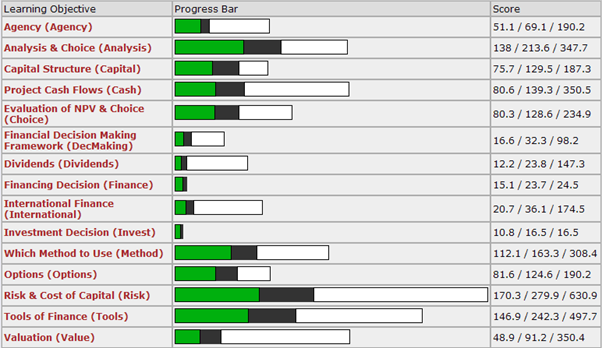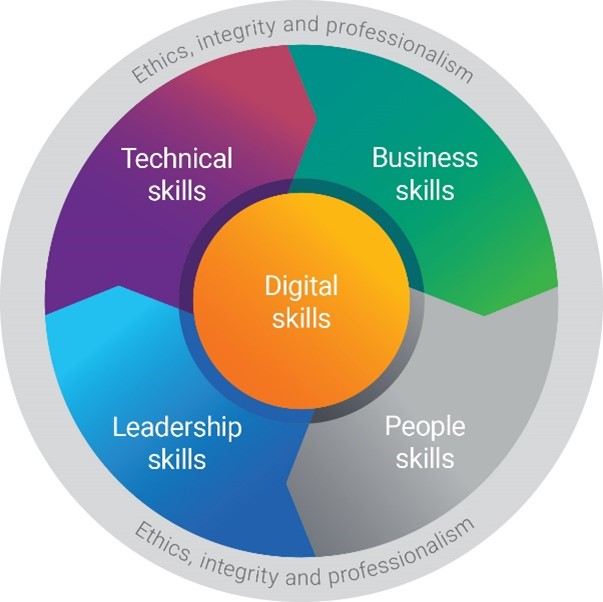Learning Objectives & Outcomes
In universities, every course will have a ‘course module descriptor’, or equivalent, which will describe the course in terms of its learnings objectives and how they map to the learning outcomes and assessment. This is fairly basic, and simple, information but information that really can enrich the delivery and functionality of an online course. It is, however, information that is almost exclusively lacking in online courses.
Learning objectives reflect the course creator’s view of their course and contain the specific key concepts that students have to master in their course. Learning outcomes are the specific and measurable knowledge and skills gains that the students should acquire by taking the course. To quote from Imperial College:
- LOs – “The learning objectives are brief descriptions of how the goals of learning are going to be fulfilled. They explain the operational aspects of the teaching and learning, written from the perspective of the educator. [They] can be helpful for designing and planning learning, and for giving students a sense of the sort of learning experience they will encounter in the programme or module.”
- OCs – “Learning Outcomes draw attention away from what the teacher wants to do. They focus instead on what students will be doing. [They] are concise statements of how learners will demonstrate that they have achieved the intended learning at the end of a programme or module.”
It is easy to make the case for the use of LOs as the basis of designing and planning learning, particularly online learning where the technology can make use of the extra meta-data in innovative, meaningful and structured ways.
The illustration below illustrates a feedback graph for a student who has yet to attempt all the assessment questions related to specific learning objectives for a module (clear graph bar); who has attempted some (black bar) and has got some right (green bar). Some way to go then before completing the module successfully.

Such feedback can be usefully driven from formative assessments during study progression; and /or from summative revision question banks offering randomly generated LO-balanced quizzes for revision practice or professional re-assessment. Creating them requires enhancing content with additional data attributes.
Competencies and Competency Frameworks
At a slightly higher level, a course, or more likely a programme of courses, might be designed and developed to match and deliver the competencies detailed within a competency framework (CF), particularly if employability is a target or at least recognised as a potential goal.
An attributes-based approach to competence – concerned with the properties or competencies that a person has which enables them to act competently in various situations – has become widely used in the US as a means of developing curricula and content for professional education programmes, over and above the more general use of forming the basis of an organisations’ competency frameworks. While a CF can be used effectively to design a programme of courses to ensure that all competencies are covered, a CF is not in itself a curriculum.

However, just as all content and assessment should be able to be mapped to LOs, then the courses within a programme should collectively address all competencies (skills, knowledge, behaviours, attitudes, motivations, etc.) within a guiding framework.
Historically, competence was about workplace effectiveness and performance standards. This was at odds with the intellectual and professional development of individuals being promoted in universities, though perhaps we are now seeing some overlap, not least because of the need for ‘employability’. Perhaps the enforced move to online learning and the need to be more inspirational with online pedagogies might see a greater level of convergence? CFs are yet another potential influence.


